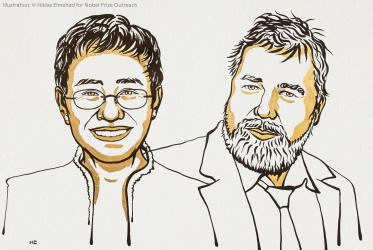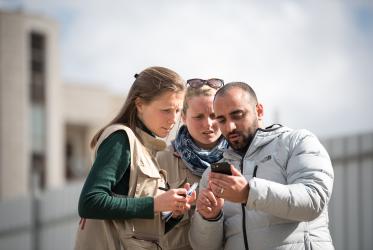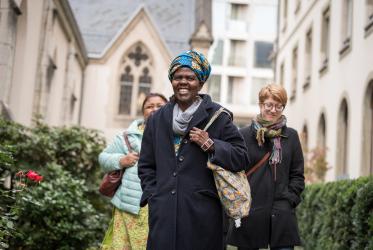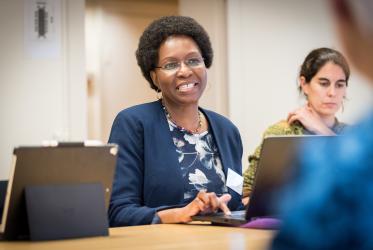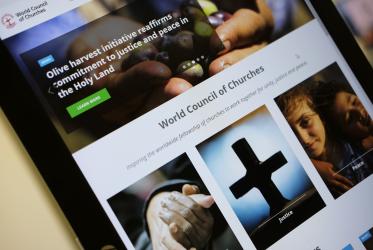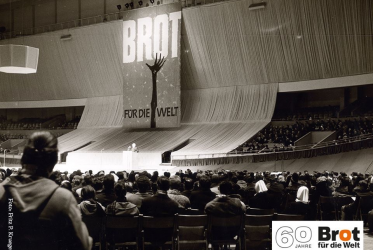Displaying 1 - 20 of 133
WCC congratulates 2021 Nobel Peace Prize laureates
14 October 2021
WCC executive committee maps future with hope in uncertain times
19 November 2020
WCC’s new website will draw global fellowship even closer
15 October 2020
Worldwide prayer campaign begins to end 70-year Korean War
06 February 2020
WCC condemns attack at Hanukkah celebration in New York City
29 December 2019
WCC Executive Committee meets with eye toward busy future
20 November 2019

